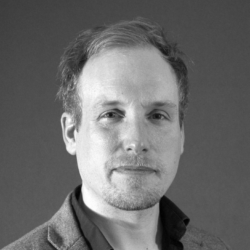Afterlives of Slavery
Slavery has left deep wounds that continue to affect the present. Many descendants of enslaved people, for example, experience a disrupted relationship with their ancestors. This project, in collaboration with a Winti priestess, a psychiatrist, and genealogists, explores pathways to healing.
The concept of ‘afterlives of slavery’ refers to the enduring effects of slavery long after its abolition, particularly on the descendants of enslaved people and their communities. Previous research shows that these afterlives manifest in the form of racial inequalities, cultural memory, religion, and collective trauma, but also in a disrupted relationship with one’s ancestors. Many descendants therefore wish to learn more about their family histories—sometimes because of psychological difficulties, sometimes to better understand their origins. At the same time, for many, ancestors are also spiritual beings who play an active role in the present. In other words, ancestors are complex phenomena that establish both natural (physical, mental) and supernatural connections to the past.
Developing a Holistic Method
Although interest in ancestors is growing, no research has yet been conducted into their role in processes of healing and (trauma) recovery. In this project, Markus Balkenhol and a student assistant, together with a Winti priestess, a psychiatrist, and the Surinamese Genealogy Society, are developing an ethnographic method to carry out ancestral research in a holistic way.
The NWO grant makes it possible to appoint a student assistant.
Project duration: November 2025 – August 2026



